Attacks on the Press
2017 Edition
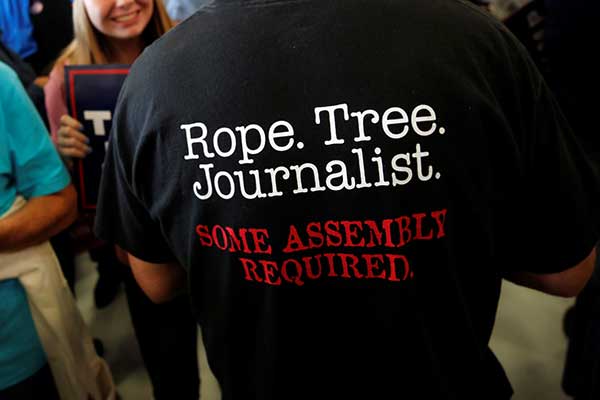
Introduction: The New Face of Censorship
by Joel SimonGovernments and non-state actors find innovative ways to suppress the media.
Read More ›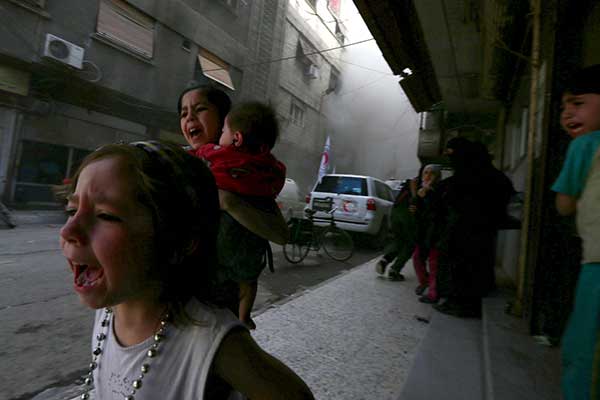
Where I’ve Never Set Foot
by Alessandria MasiBarred from Syria, a journalist must make sense of what she’s told.
Read More ›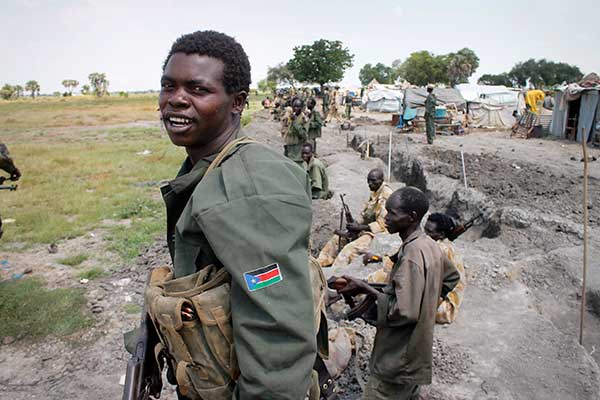
From Fledgling to Failed
by Jacey FortinEven as the country collapses, South Sudan’s government will brook no criticism.
Read More ›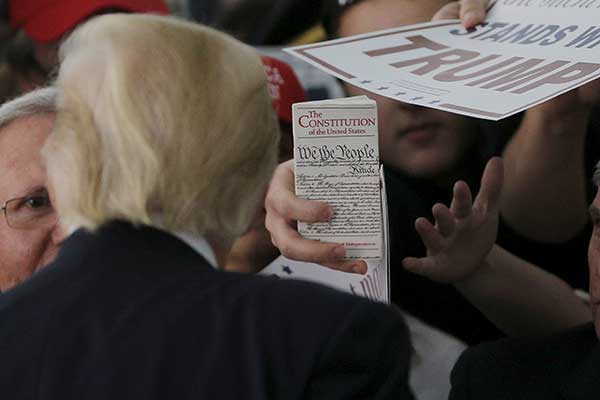
What Is the Worst-Case Scenario?
by Alan Huffman on May 4, 2016American journalists grapple with the Trump presidency.
Read More ›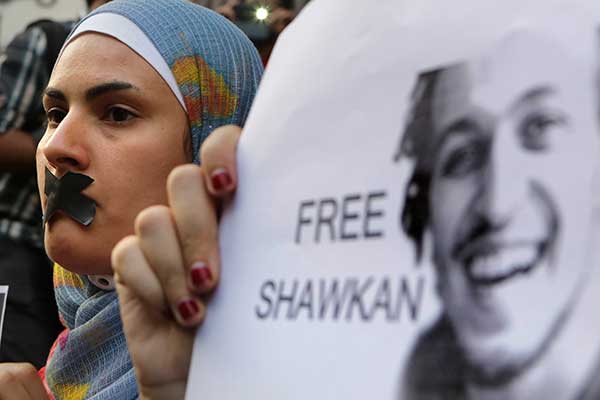
A Loyal Press
by Ursula LindseyIndependence means isolation for journalists in Sisi’s Egypt.
Read More ›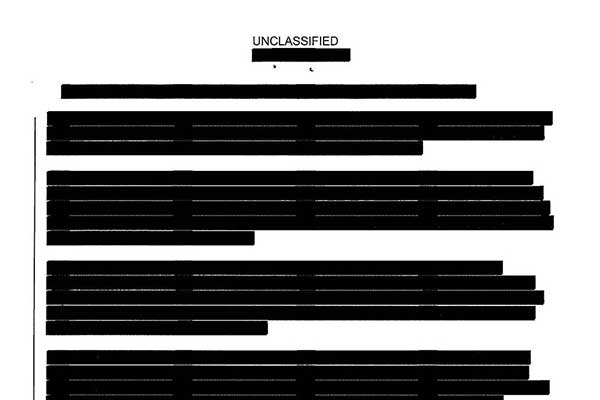
Thwarting Freedom of Information
by Jason LeopoldAgencies exploit every loophole to evade disclosure requirements.
Read More ›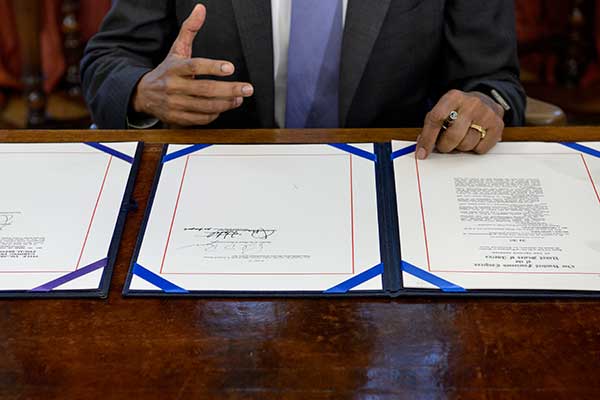
Case in Point
by Michael PellA journalist details one fight over records requests in the United States.
Read More ›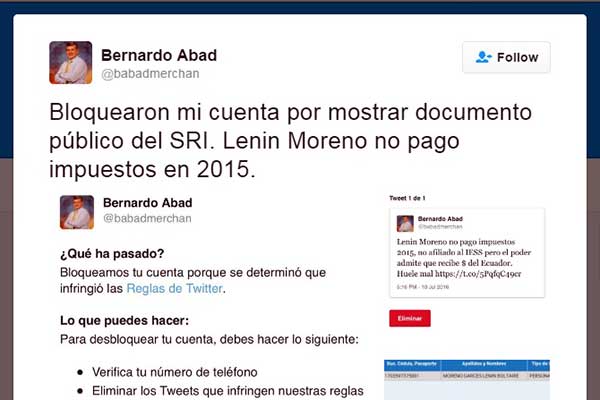
Disrupting the Debate
by Alexandra EllerbeckGovernments use copyright laws and Twitter bots to curb criticism on social media.
Read More ›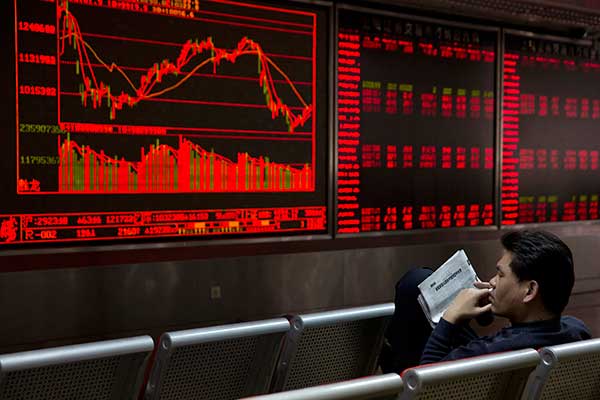
Discredited
by Yaqiu WangJournalists’ online activity could hurt their financial standing under a new Chinese plan.
Read More ›
Chinese Import
by Emily ParkerRussia tries to emulate Beijing’s model of information control.
Read More ›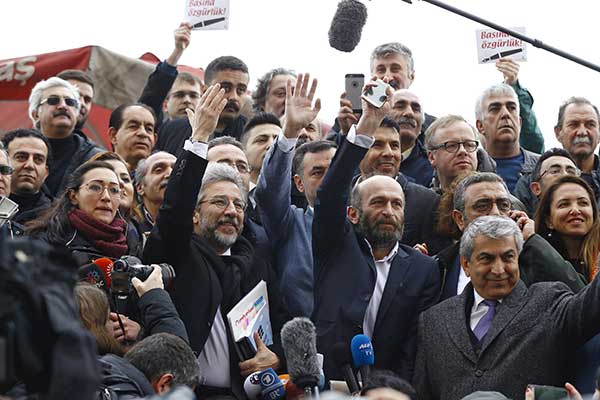
Willing Accomplice
by Andrew FinkelCollusion by the Turkish media compounds the country’s crisis.
Read More ›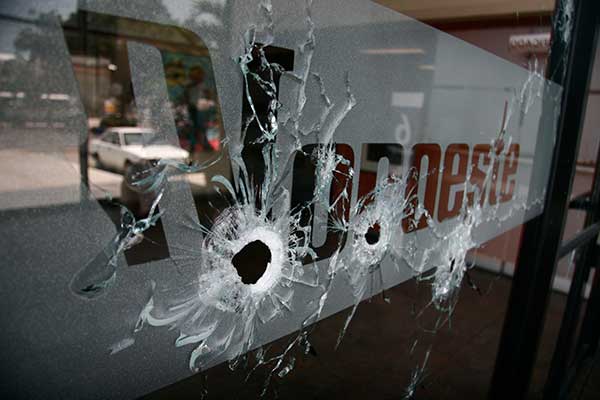
Edited by Drug Lords
by Elisabeth MalkinMexican journalists navigate threats and censorship by cartels.
Read More ›
Self-Restraint vs. Self-Censorship
by Jean-Paul MarthozHow much should journalists hold back when covering terrorism in Europe?
Read More ›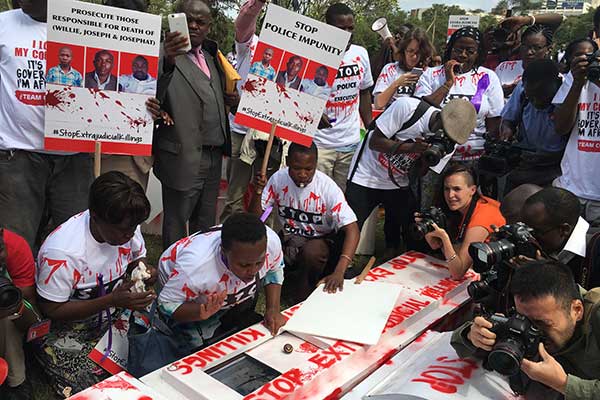
Fiscal Blackmail
by Alan RusbridgerThe Kenyan government withdraws advertising when newspapers step out of line.
Read More ›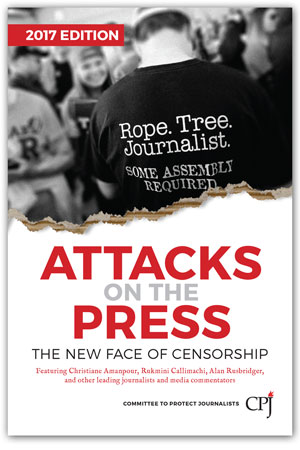
Support CPJ, Purchase a copy of Attacks on the Press: 2017 Edition ›
Attacks on the Press is published by Bloomberg Press, and imprint of Wiley.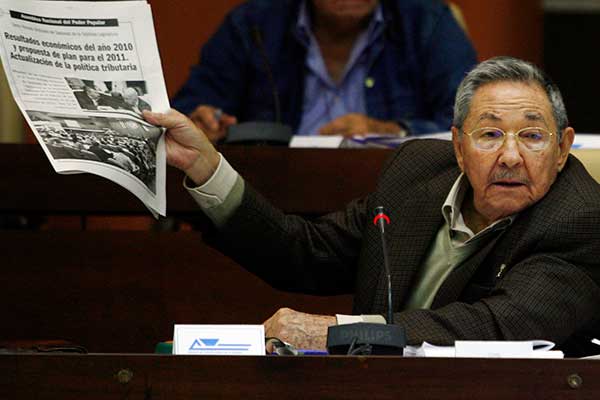
Connecting Cuba
by Carlos LauríaOutdated laws and limited, expensive internet access slow the island nation’s progress.
Read More ›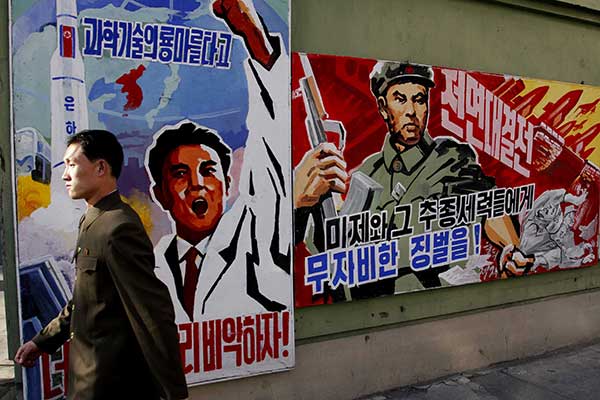
Supervised Access
by Jessica JerreatNorth Korea masks deep censorship by admitting foreign reporters.
Read More ›
Right Is Might
by David KayeWe have the laws and institutions to fight attempts at information control.
Read More ›
Being a Target
by Rukmini CallimachiA reporter learns how to dodge terrorist threats to get the story.
Read More ›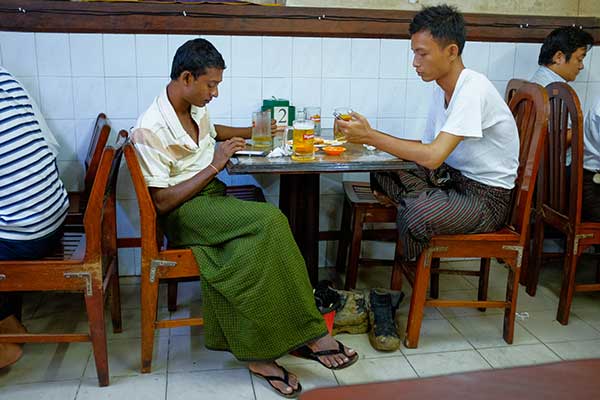
Eluding the Censors
by Karen CoatesFor all its faults, Facebook is a lifeline for journalists in less developed countries.
Read More ›
Zone of Silence
by Robert MahoneyThe public is robbed of information when journalists are murdered.
Read More ›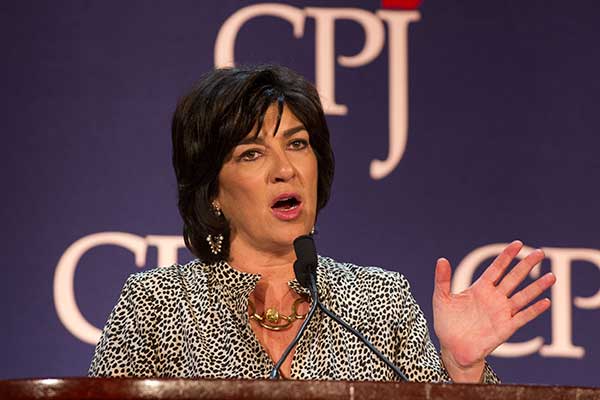
Fighting for the Truth
by Christiane AmanpourJournalists have a huge amount of work to do.
Read More ›